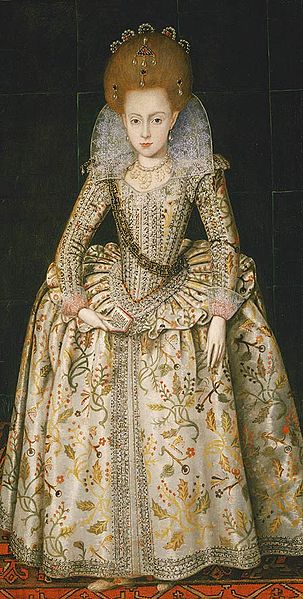 |
| It seemed like a dignified choice at the time. |
It's just so hard for me to name things. A name is a word (or a sparse few) that is forever associated with that person, pet, or character. It isn't arbitrary, it encapsulates the very idea of a person. Sometimes a name just doesn't mesh well with who a person is. Margaret Mitchell originally named her heroine Pansy O'Hara. Can you imagine? Thankfully, her publisher convinced her to change the name, and Scarlett has been an icon ever since--fiery, feisty, passionate, bold. Scarlett. That's a great name.
Naming my own heroines hasn't been my primary difficulty, but the menfolk give me fits. My current work in progress was held up at the beginning of chapter two for nearly a week while I anguished over the hero's name. A Romance hero's name should be strong, and give a hint as to what kind of person he is (the heroine's, too, but I have an easier time with female names). You can't just slap any old name onto a character and expect it to fly. That'll never work!
Sometimes, writers will tell you their characters speak to them. I've seen author / character interviews, and my author buddies have occasionally mentioned something jolly their current favorite character said in passing. Frankly, I just nodded and smiled when I heard of such things. None of my characters has ever spoken to me. That is, until the day I tried to force a name on a hero. This particular hero (A different one than the above mentioned chapter two holdout. These guys kill me.) had driven me batty in the development stage. I knew so much about him--how he looked, how he spoke, the clutter on the desk in his study--but I didn't know his name. Finally, I decided to smoke him out. This hero is a gambler. Temperamental. Proud. Intense. Just to be spiteful, I told him he would be a hobbyist carpenter and that I was going to call him Howard. Clear as day, I heard him. "My name is Ethan, and I sail." Well. Alrighty then.
I thanked him kindly for his time. We never spoke of the carpentry kerfuffle again.




